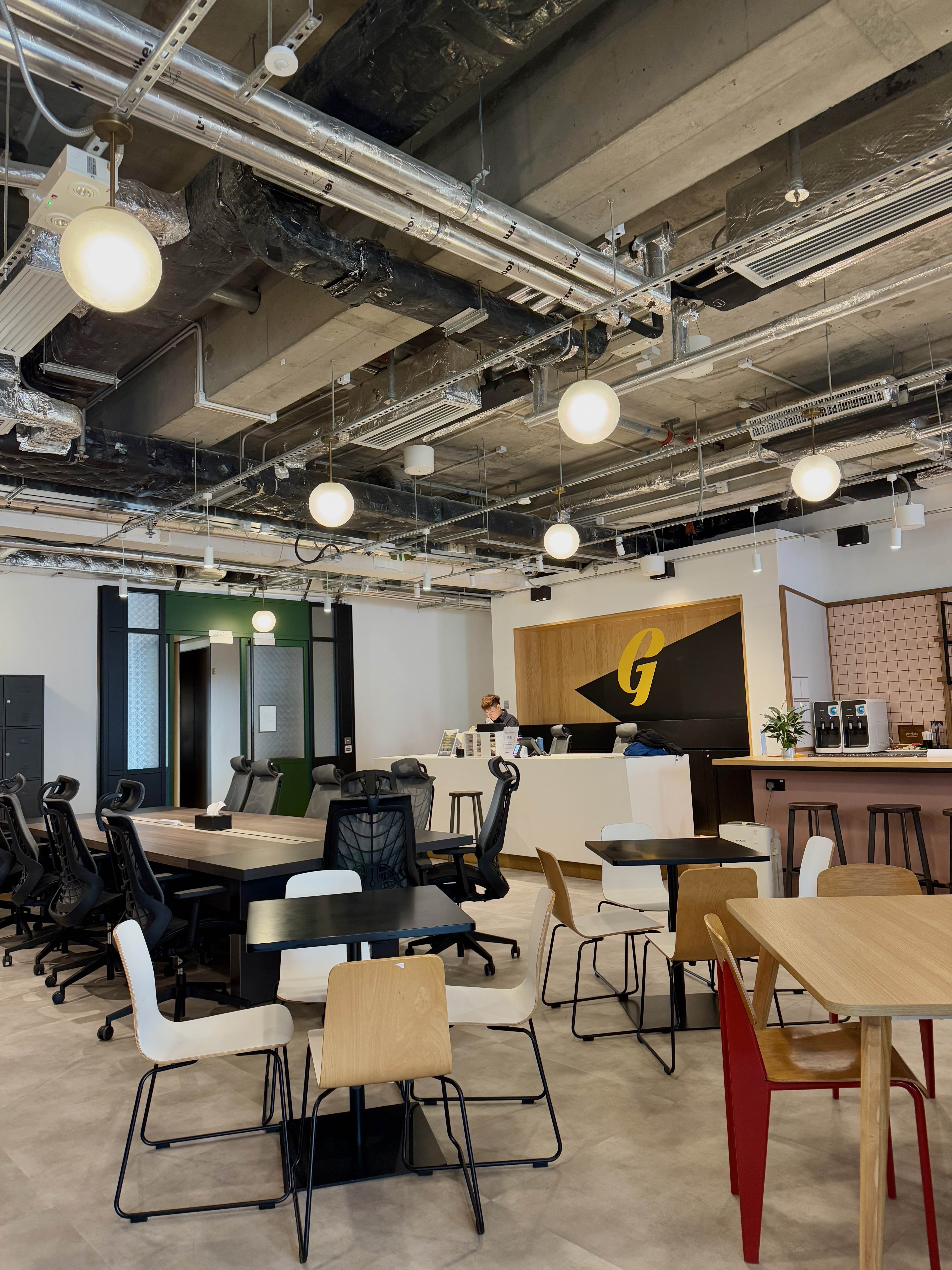LOCATIONS
Hong Kong
-
Facebook
-
LinkedIn
-
Instagram
-
Youtube
With mainstream coffee culture becoming more and more overbearing by the day, it’s no surprise many of us are afflicted with a full blown caffeine addiction. In fact, around 3 in every 4 adults in the U.S. suffer from coffee addiction (Source).
While we don’t want to take your bean lover away from you, it’s important to consider the practice of everything in moderation when it comes to your coffee intake, as too much caffeine intake can cause “mood swings, insomnia, increased tension in the muscles, and also impair your digestion and nutrition absorption” (Source).
As a general rule, it’s ideal for adults to consume around 250 mg of coffee per day or around 2 cups (Source), and not exceed 400 mg of caffeine per day, which is around 3 - 4 cups of coffee (Source). Coffee is not all bad, as there are health benefits to getting your daily cuppa, but it's important to consume it mindfully, as it is an addictive substance.
We’ve listed some of our favourite tips for cutting down your caffeine intake without allowing you to unleash your inner rage monster:
The first and easiest thing to do is familiarise yourself with the caffeine content of common foods, and keep track of your intake to cap it at around 250 mg per day. Here are some for your reference (Source):
If it’s an energy kick you’re looking for, then it may be good to replace at least one of your needed cups of coffee with a natural antioxidant-based beverage, which are noted to provide that natural boost. At the same time, they can also help ward off illness and help maintain a healthy immune system. Win-win! Some of our favourites are (Source):
The afternoon slump we usually experience can also stem from factors associated with our lifestyle. Getting your 8-hours of sleep and taking regular breaks throughout the day (ideally to breathe in some fresh air outside) are essential for keeping your energy levels up naturally, rather than turning to caffeine.
Also, it’s common knowledge that a carb-heavy lunch fuels the afternoon slump; instead, try incorporating more protein in your lunch to stay energetic all afternoon. We love a good nut-butter shake, find some recipes here.
Okay face it, sometimes you only drink coffee to be social, or maybe you only started drinking coffee because that’s what adults do. We understand it’s difficult to separate oneself from the prevailing coffeehouse culture, but it’s important to understand that you can still be social without drinking coffee.
Try out some herbal teas to find one that you prefer, or opt for a fresh juice instead. Coffee camaraderie is all in your head, and you may just start a health kick within your friend group!
Disclaimer: All content found on www.thegaragesociety.com website, including: text, images, audio, or other formats were created for informational purposes only. The provided content is not intended to be a substitute for professional medical advice, diagnosis, or treatment. Links to educational content not created by www.thegaragesociety.com are taken at your own risk. www.thegaragesociety.com is not responsible for the claims of external websites and education companies.
 Garage Blog
Introducing Garage Society's Newest Premium Workspace at Tower 535 Causeway Bay
Garage Blog
Introducing Garage Society's Newest Premium Workspace at Tower 535 Causeway Bay
We're thrilled to announce the opening of our newest Garage Society location in the heart of Hong Kong's most dynamic business district!
Garage Society Causeway Bay brings our signature blend of community, innovation, and premium workspace to Causeway Bay's prestigious commercial hub.
 Garage Blog
From Flat White to Flexspace - The Best Coffee Spots Near Garage Society Locations
Garage Blog
From Flat White to Flexspace - The Best Coffee Spots Near Garage Society Locations
Looking for the perfect cup of coffee to fuel your workday?
Members enjoy free coffee 24/7 in our spaces, but sometimes they need a change of scenery (or bean!). That's why we've compiled this guide to our members favourite independent coffee shops near each Garage Society location!
Whether you're a dedicated hot desk member or just exploring flexible workspace options, stay caffeinated and inspired with our picks below: